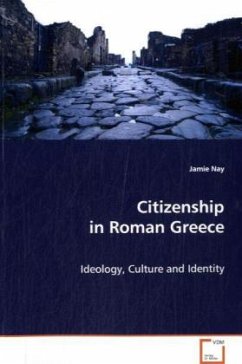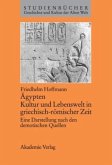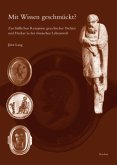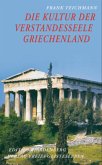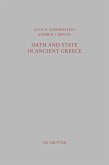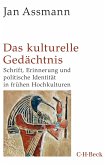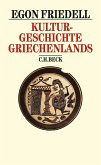This book explores the nature of Roman identitythrough a study of the cultural and ideologicaleffects of Roman citizenship on Greeks living in thefirst three centuries AD. Terms such as culture andidentity are not static ideas, but constructions of aparticular social milieu at any given point in time.Roman citizenship functioned as a kind of ideologicalapparatus that, when given to a non-Roman, questionedthat individual's native identity. Beginning from thehypothesis that the possession of Roman citizenshipprovides solid evidence that a person has at leastsome ideological interest in Rome, the theoreticalbases of Louis Althusser and Pierre Bourdieu are usedas guides in an analysis of four sources: Dionysiusof Halicarnassus, Paul of Tarsus, the jurist Ulpian,and civic coins minted in the Greek east. Thesesources answer the question 'What is a Roman?' indifferent - and often conflicting - ways, in turnshowing that modern terms such as 'Romanization'gloss over all of the diversity within, andplasticity of, the cultures of both the Romans andthose people whom they 'conquered'.
Bitte wählen Sie Ihr Anliegen aus.
Rechnungen
Retourenschein anfordern
Bestellstatus
Storno

